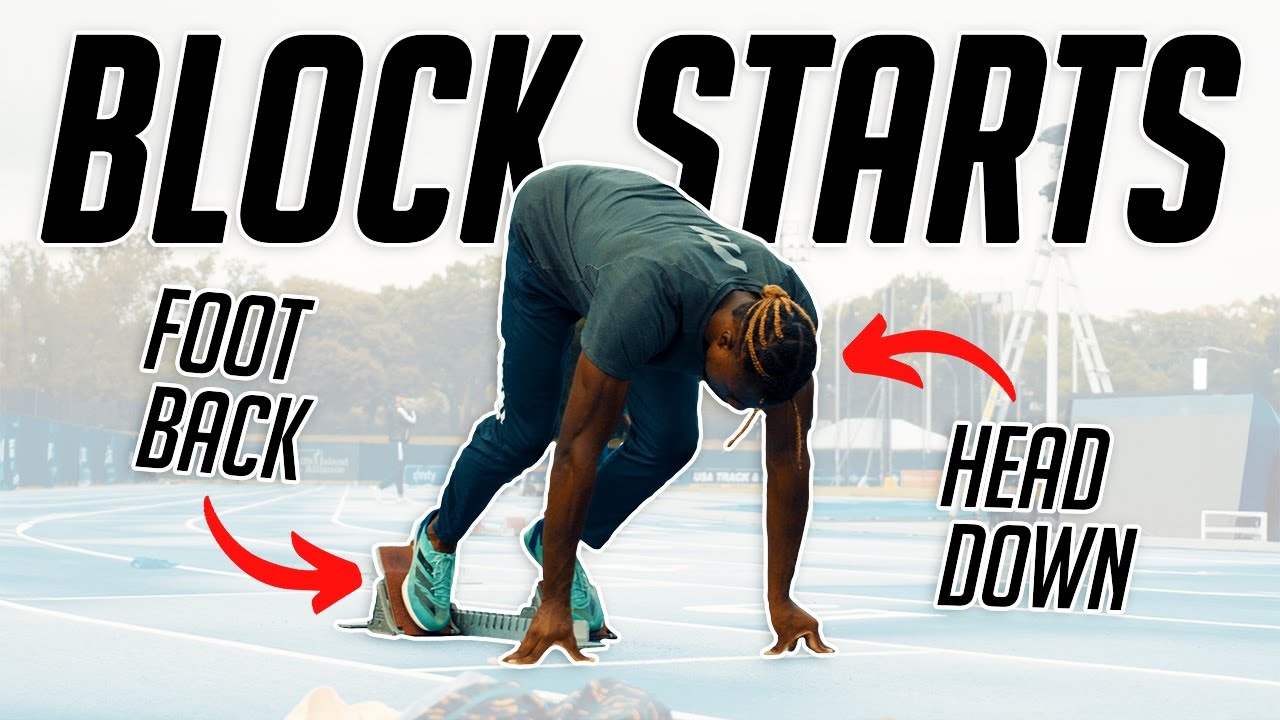How to become President of the United States: a simple guide
Summary
TLDRDieses Video erklärt die Schritte, die man unternehmen muss, um zum Präsidenten der Vereinigten Staaten zu gelangen. Es beginnt mit den rechtlichen Voraussetzungen wie der Geburt in den USA, 14 Jahren Wohnzeit und einem Alter von über 35 Jahren. Ein Hintergrund als Anwalt oder Militär und politische Erfahrung sind hilfreich. Finanzierung durch Spenden und frühes Starten der Kampagne sind entscheidend. Primare und Caucus sind wichtige Meilensteine, gefolgt von Super-Dienstagnen und der Parteitagswahl. Die endgültige Herausfordere ist es, die Mehrheit der 538 Wahlmänner der Electoral College zu gewinnen, um das Weiße Haus zu erreichen.
Takeaways
- 🇺🇸 Um Präsident der Vereinigten Staaten zu werden, müssen Kandidaten in den USA geboren sein, dort mindestens 14 Jahre gelebt haben und über 35 Jahre alt sein.
- 💼 Eine Hintergrund als Anwalt oder Militärdiener kann hilfreich sein, obwohl es auch Präsidenten mit ungewöhnlicheren Berufen gab, wie Schauspieler oder Farmer.
- 💵 Finanzierung ist ein entscheidender Schritt, oft erfordert die Bewerbung um die Nominierung einer Partei Millionen von Dollar.
- 🗣️ Frühzeitiges Ankündigen der Kandidatur ist wichtig, da die Präferenzen in den 50 Bundesstaaten durch Primärwahlen oder Caucus-Besprechungen ermittelt werden.
- 🔥 Wenn eine Kandidatur in Iowa oder anderen frühen Primärwahlen erfolgreich ist, kann dies einen Schwung für die gesamte Wahlkampagne verleihen.
- 📅 Super Dienstag ist ein wichtiger Wendepunkt, bei dem viele Staaten an einem einzigen Tag abstimmen und eine große Anzahl von Delegierten verteilt wird.
- 🎉 Die Nationalkonvention ist der Moment, an dem die Partei ihren offiziellen Präsidentschaftskandidaten über die Delegiertenstimmen bekannt gibt.
- 💸 Die Finanzierung für den Wahlkampf bis zur allgemeinen Wahl ist noch kostspieliger als die für die Primärwahlen.
- 📺 Die Präsidentschaftsdebatten sind entscheidend, da sie die Chance bieten, sich vor Millionen von Zuschauern zu präsentieren und das Wahlergebnis zu beeinflussen.
- 🗳️ Die US-Präsidentenwahl funktioniert nicht durch die absolute Mehrheit der Stimmen, sondern durch das Erreichen von 270 Stimmen im Electoral College.
Q & A
Wie viele Jahre muss man mindestens in den Vereinigten Staaten leben, um Präsident werden zu können?
-Man muss mindestens 14 Jahre in den Vereinigten Staaten leben, um Präsident werden zu können.
Was sind die drei gesetzlichen Anforderungen, um Präsident der Vereinigten Staaten werden zu können?
-Man muss in den Vereinigten Staaten geboren sein, 35 Jahre alt sein und mindestens 14 Jahre im Land leben.
Welche beruflichen Hintergründe können einem helfen, Präsident zu werden?
-Es hilft, wenn man Anwalt war oder in der Militärdienst geleistet hat, aber auch andere Berufe wie Hollywood-Star, Schneider oder Ernte von Erdnüssen.
Wie viel Geld wurde geschätzt, dass Donald Trump für die Republikanische Nominierung 2016 ausgegeben hat?
-Donald Trump und seine Unterstützer haben etwa 73 Millionen Dollar für die Nominierung ausgegeben, darunter 50 Millionen Dollar seines eigenen Geldes.
Wie wichtig ist es, frühzeitig für die Präsidentschaftskandidatur anzukündigen?
-Es ist wichtig, frühzeitig anzukündigen, da Barack Obama seine Kandidatur im Februar 2007, also fast zwei Jahre vor der Wahl, verkündet hat.
Was sind Primärwahlen und wie funktionieren sie?
-Primärwahlen sind Mini-Wahlen in jedem Bundesstaat, um zu entscheiden, wer der Kandidat einer Partei sein wird. Manche haben geschlossene Primärwahlen, bei denen nur registrierte Parteimitglieder abstimmen können, andere haben offene Primärwahlen, bei denen auch Nicht-Mitglieder teilnehmen können.
Was ist ein 'Caucus' und wie funktioniert dieser?
-Ein Caucus ist eine Art großer öffentlicher Treffen, bei dem Wähler ihre Wahl öffentlich diskutieren und dann entscheiden, wen sie unterstützen möchten.
Warum ist ein Sieg im Bundesstaat Iowa bei den ersten Caucus wichtig?
-Ein Sieg in Iowa kann einen Kandidaten Schwung verleihen und zu weiteren Siegen führen, wie es bei Jimmy Carter 1976 und Barack Obama 2008 passiert ist.
Was ist 'Super Tuesday' und wie wirkt er sich auf die Präsidentschaftswahl aus?
-Super Tuesday ist ein Tag, an dem Dutzende von Bundesstaaten gleichzeitig abstimmen. Es kann entscheidend für die Kandidaten sein, da über 1600 Delegierte in einem Tag zur Verfügung stehen.
Was passiert auf der Nationalkonvention einer Partei?
-Die Nationalkonvention ist ein Treffen, bei dem die Partei ihren offiziellen Präsidentschaftskandidaten durch Abstimmung ihrer Delegierten verkündet.
Wie funktioniert das US-Wahlsystem mit dem Electoral College?
-Jeder Bundesstaat erhält Elector-Stimmen basierend auf der Anzahl der Menschen, die sie an den Kongress sendet. Die Kandidaten müssen eine Mehrheit von 538 Elector-Stimmen erreichen, um das Weiße Haus zu gewinnen.
Outlines

Esta sección está disponible solo para usuarios con suscripción. Por favor, mejora tu plan para acceder a esta parte.
Mejorar ahoraMindmap

Esta sección está disponible solo para usuarios con suscripción. Por favor, mejora tu plan para acceder a esta parte.
Mejorar ahoraKeywords

Esta sección está disponible solo para usuarios con suscripción. Por favor, mejora tu plan para acceder a esta parte.
Mejorar ahoraHighlights

Esta sección está disponible solo para usuarios con suscripción. Por favor, mejora tu plan para acceder a esta parte.
Mejorar ahoraTranscripts

Esta sección está disponible solo para usuarios con suscripción. Por favor, mejora tu plan para acceder a esta parte.
Mejorar ahoraVer Más Videos Relacionados
5.0 / 5 (0 votes)






